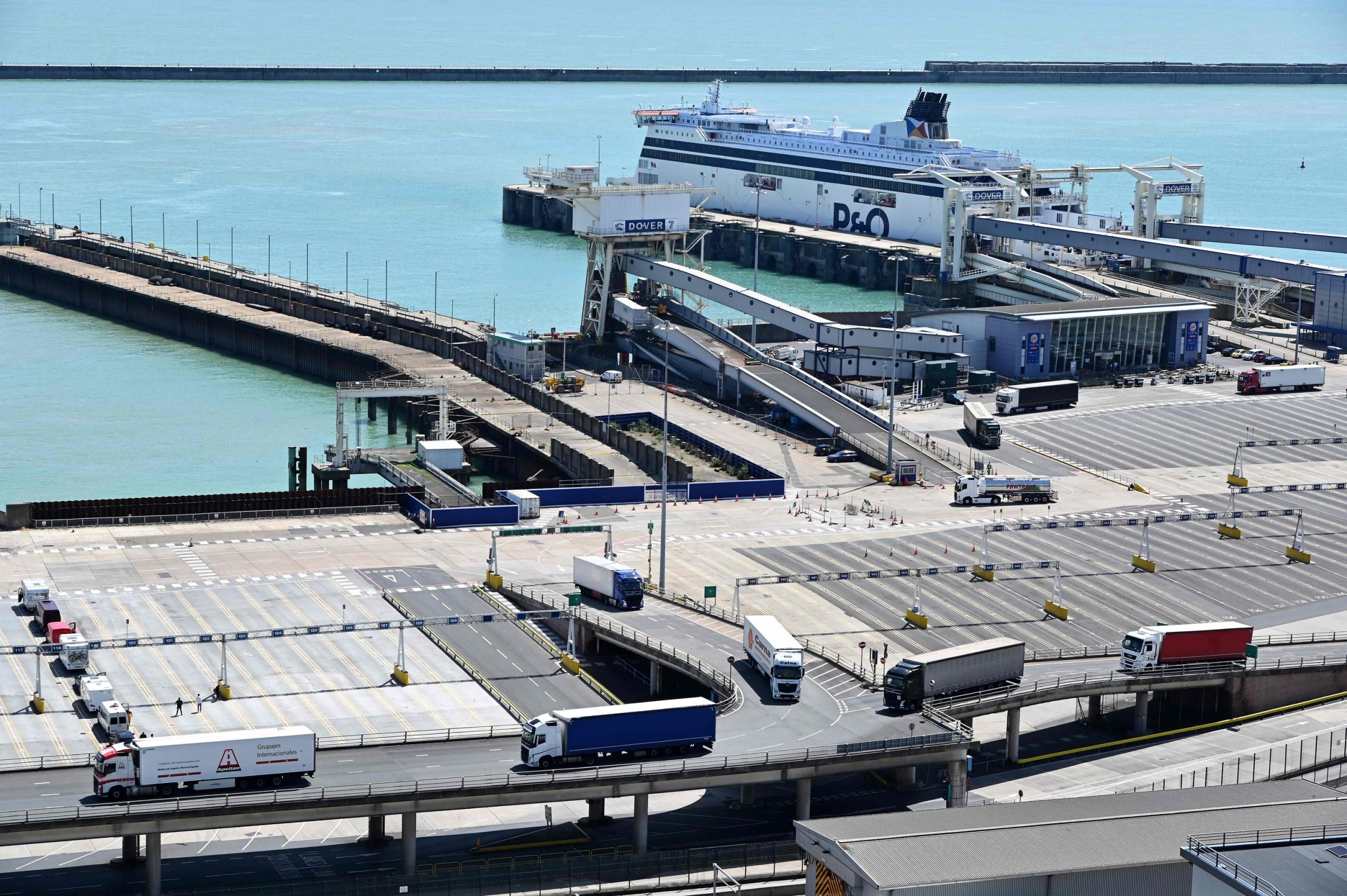Ferries more popular than trains, planes or buses, according to Independent travel poll
Exclusive: Peak year for Dover was 1997, but nearly half of travellers in 2020 vote for sea travel

Your support helps us to tell the story
From reproductive rights to climate change to Big Tech, The Independent is on the ground when the story is developing. Whether it's investigating the financials of Elon Musk's pro-Trump PAC or producing our latest documentary, 'The A Word', which shines a light on the American women fighting for reproductive rights, we know how important it is to parse out the facts from the messaging.
At such a critical moment in US history, we need reporters on the ground. Your donation allows us to keep sending journalists to speak to both sides of the story.
The Independent is trusted by Americans across the entire political spectrum. And unlike many other quality news outlets, we choose not to lock Americans out of our reporting and analysis with paywalls. We believe quality journalism should be available to everyone, paid for by those who can afford it.
Your support makes all the difference.After two decades of decline, ferries are now far more popular than other forms of transport, polls for The Independent have shown.
Participants in an exclusive webinar, Travel: the way ahead, voted strongly in favour of journeys by ferry rather than rail, air or bus.
That was followed by a wider Twitter survey with the question: “In the age of coronavirus, on which of these forms of public transport would you feel most comfortable?”
Of more than 6,600 self-selecting responses, 43 per cent chose ferries. Next most popular mode was rail, with 29 per cent. Air was selected by 23 per cent.
Despite social distancing and other measures deployed by coach and bus operators, passenger road transport scored only 5 per cent.
Ferry travel between the UK and continental Europe has been hard hit by budget airlines.
The peak year for leisure travel through the Port of Dover was 1997, with more than 21 million passengers, 3.6 million private cars and 160,000 coaches.
The ending of duty-free sales in 1999 triggered a steep decline, and by 2019 those figures had broadly halved as the budget airlines enticed many travellers to switch to air.
Many routes, such as Dover to Zeebrugge in Belgium, and from Harwich to Germany and Denmark, have been closed due to unprofitability.
But during the coronavirus pandemic, the appeal of ferries has grown.
Emma Batchelor, director of the trade group Discover Ferries, said:
“Ferries lend themselves well to social distancing, with wide passenger areas, access to fresh air and open deck space and the option to arrive in your own vehicle on many routes.” Ship operators have reduced capacity, staggered boarding times and intensified cleaning procedures.
Simon Palmer, communications manager for Stena Line, said: “It’s reassuring to see that people still have confidence in ferry travel.
“Our big, bright and airy ferries provide a safe and comfortable mode of transport.”
The travelling public appears less keen to travel by bus or coach, despite the efforts of operators to minimise risk.
A spokesperson for the Confederation of Passenger Transport, which represents bus and coach operators, said: “Keeping drivers and passengers safe is our top priority.
“In addition to the enhanced cleaning regime that is already in place and promoting good personal hygiene practices we are ensuring that passengers have the most up to date information on how they can play their part to keep the bus network safe for everyone.
“This includes keeping their distance where possible, wearing face coverings while on the bus or coach, sitting by the window and being prepared to wait if a bus is showing as full.
“Operators have also rolled out new technology, such as apps, that allow passengers to plan their journeys with information about how busy their bus is likely to be.”
Both National Express and Megabus are expanding the range and frequency of services.
Join our commenting forum
Join thought-provoking conversations, follow other Independent readers and see their replies
Comments